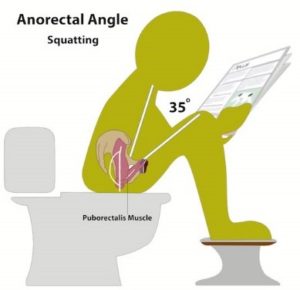MENTAL HEALTH & COVID-19
As news about the COVID-19 outbreak continues to dominate almost every aspect of our lives, it is essential that we pay attention to our mental health just as we do our physical health.
There are many reasons that people may be feeling stressed and anxious whether it be due to loss of a loved one, fear of getting sick, loss of income/fear of loss of job, social distance and self-isolation, or a combination of all of these. The COVID-19 pandemic is a stressful situation, especially for those who are already living with a behavioral health issues. Below are some tips to help cope with stress and anxiety during these challenging times.
Limit news consumption and social media intake
24-hour news and constant social media updates can induce stress, anxiety, and feelings of worry. Try to limit yourself to 10 minutes a day to stay informed, and try to check only reliable resources, like the Center for Disease Control and Prevention (CDC), the World Health Organization (WHO), and your local/state government websites.
Create and follow a daily routine
Sticking to a routine can help bring a sense of normalcy back into your life. Try waking up and going to bed at the same time every day, having regularly scheduled meals, getting dressed for the day, and stick to your regular working hours if possible. Also try adding something new into your routine, like a daily workout or calling a friend.
Stay virtually connected with others
Video calls with friends and family can help beat isolation. Set up a scheduled time to have a virtual coffee or lunch date with a friend, start a book club and discuss weekly over video calls, call a friend or family member you haven’t talked to in a while and reconnect. There are many ways to stay connected to your loved ones even when you can’t see them physically.
Maintain a healthy lifestyle
Try to eat healthy, well-balanced meals, drink plenty of water, exercise at least 30 minutes a day, and take a walk outside. It is mood-boosting to be in nature and get some sunshine, but please remember to try and keep at least 6 feet apart when enjoying the spring weather.
Communicate feelings of stress, anxiety, and worry
This is a difficult time for everyone and sharing how you are feeling with family and friends may help you and them cope by talking about fears, worries, etc. and the ways you are trying to deal with your emotions. If you have children, be sure to communicate with them as well. Be as open and honest as possible in an age-appropriate way and give them the space to process feelings, especially if they have fears or anxiety.
Meditation and Yoga can help keep your stress levels down. Here are some resources if you are new and looking for a place to start:
-
- Yoga
- Cosmic Kids Yoga (yoga for you and your kids)
- Teaches mindfulness, yoga and relaxation in a fun way
- https://www.youtube.com/user/CosmicKidsYoga
- Yoga with Adriene on You Tube
- Cosmic Kids Yoga (yoga for you and your kids)
- Meditation (Guided or Self)
- InSight Timer
- Guided meditation
- Free app that can help with sleep, anxiety and stress
- Also with a section for Kids
- https://insighttimer.com/
- InSight Timer
- Yoga


